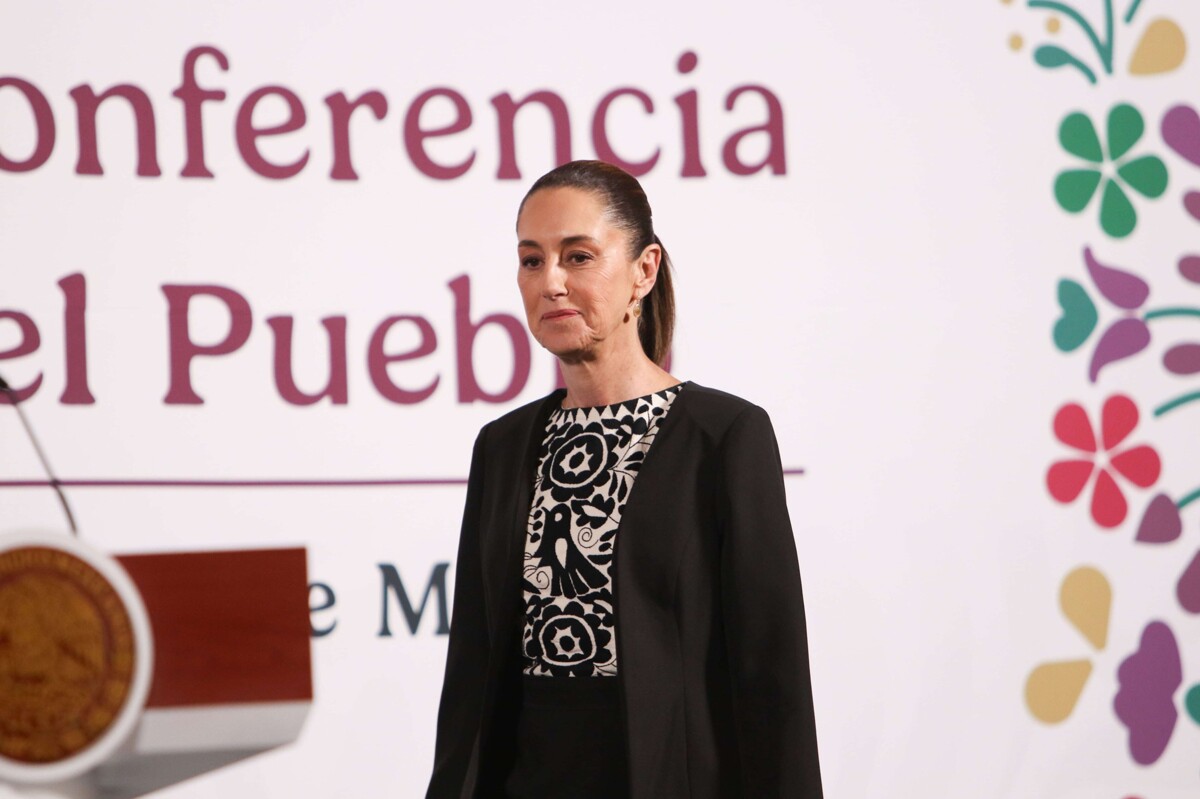
The former Mexican president, López Obrador, constantly reiterated the importance of the country's sovereignty; however, this was weakened during his term. Under his policy of 'hugs, not bullets', drug cartels, especially the Sinaloa cartel, managed to strengthen and expand, becoming major traffickers of fentanyl to the United States. Recently, the United States Northern Command confirmed that the cartels control between 30 and 35% of Mexican territory.
It has been pointed out that López Obrador's stance on the cartel problem has compromised Mexican sovereignty, leading to distrust from the United States towards the Mexican government. This situation puts the country's independence at risk from possible external interference. The president of Mexico, Sheinbaum, now faces the political consequences of her predecessor's decisions, although it is unlikely that this legacy will be transferred directly.
In a recent interview, Mike Waltz, the White House National Security Advisor, expressed his concern over the growing control of the cartels over Mexican territory. This increase in cartel power has been reflected in actions such as the capture of important drug trafficking leaders. Despite efforts to curb the influence of these criminal groups, violence and drug trafficking continue to pose a threat to national security.
The 'hugs, not bullets' approach implemented by López Obrador has been criticized for its alleged collusion with the cartels. The capture of important criminal leaders during his term has highlighted the widespread influence of these groups in Mexican society. Despite attempts to contain this crisis, Mexico's autonomy is compromised by the presence and actions of transnational criminal organizations.
The current situation underscores the urgent need to strengthen institutions and security in Mexico to ensure its sovereignty and protect its citizens. International cooperation, especially with the United States, is crucial to effectively combat drug trafficking and violence in the region. The stability and well-being of Mexico depend on decisive and coordinated actions to address this complex and multifaceted problem.














